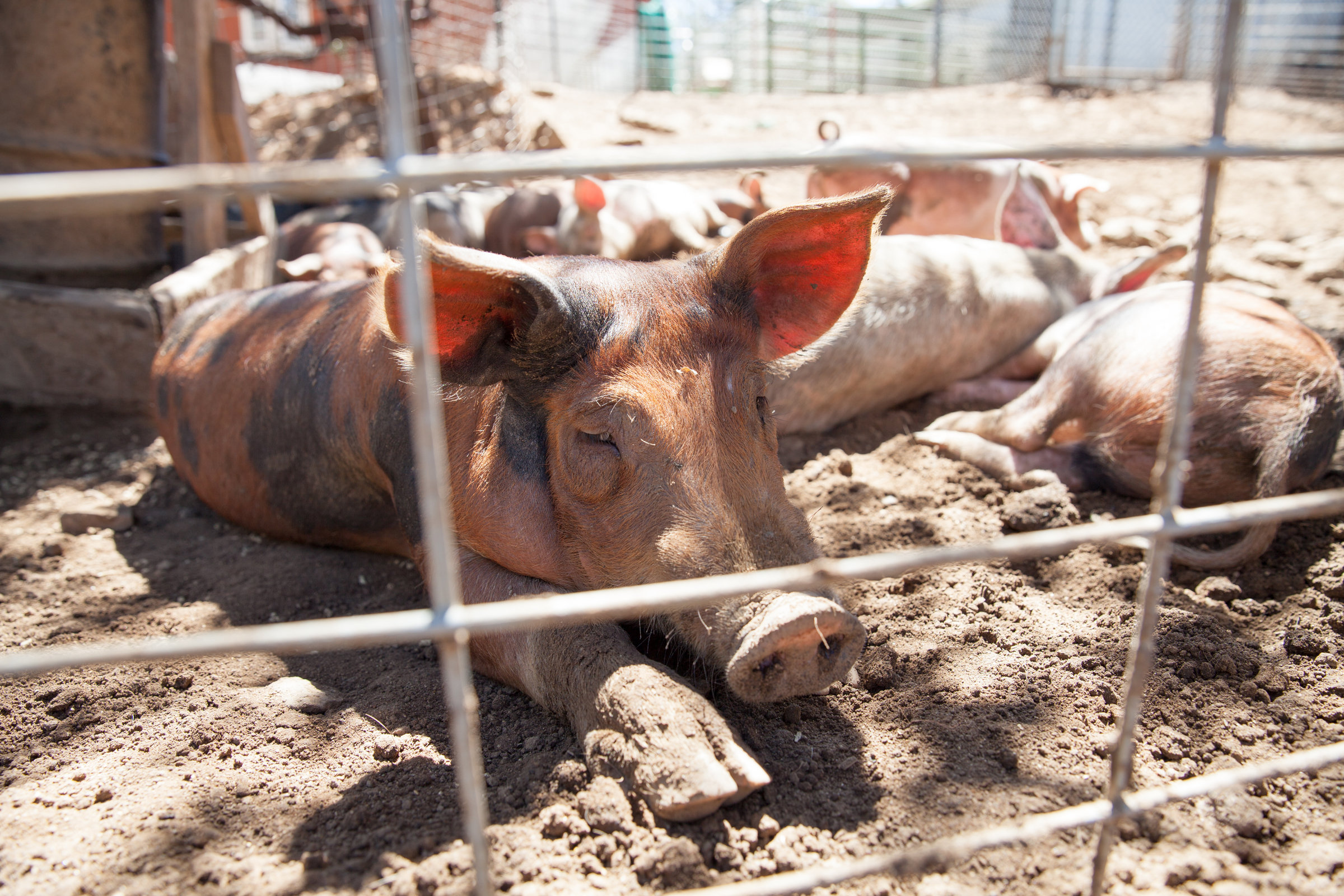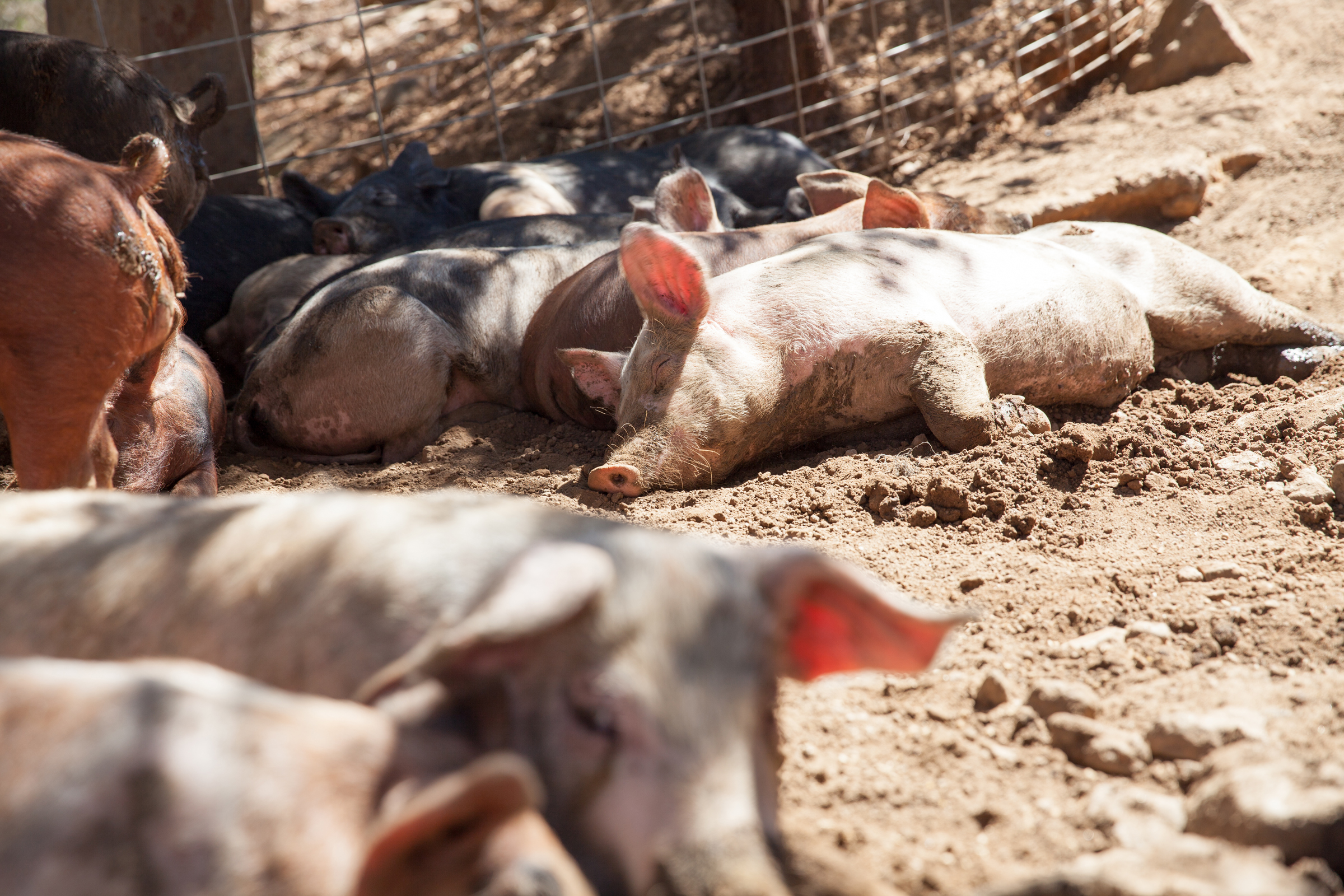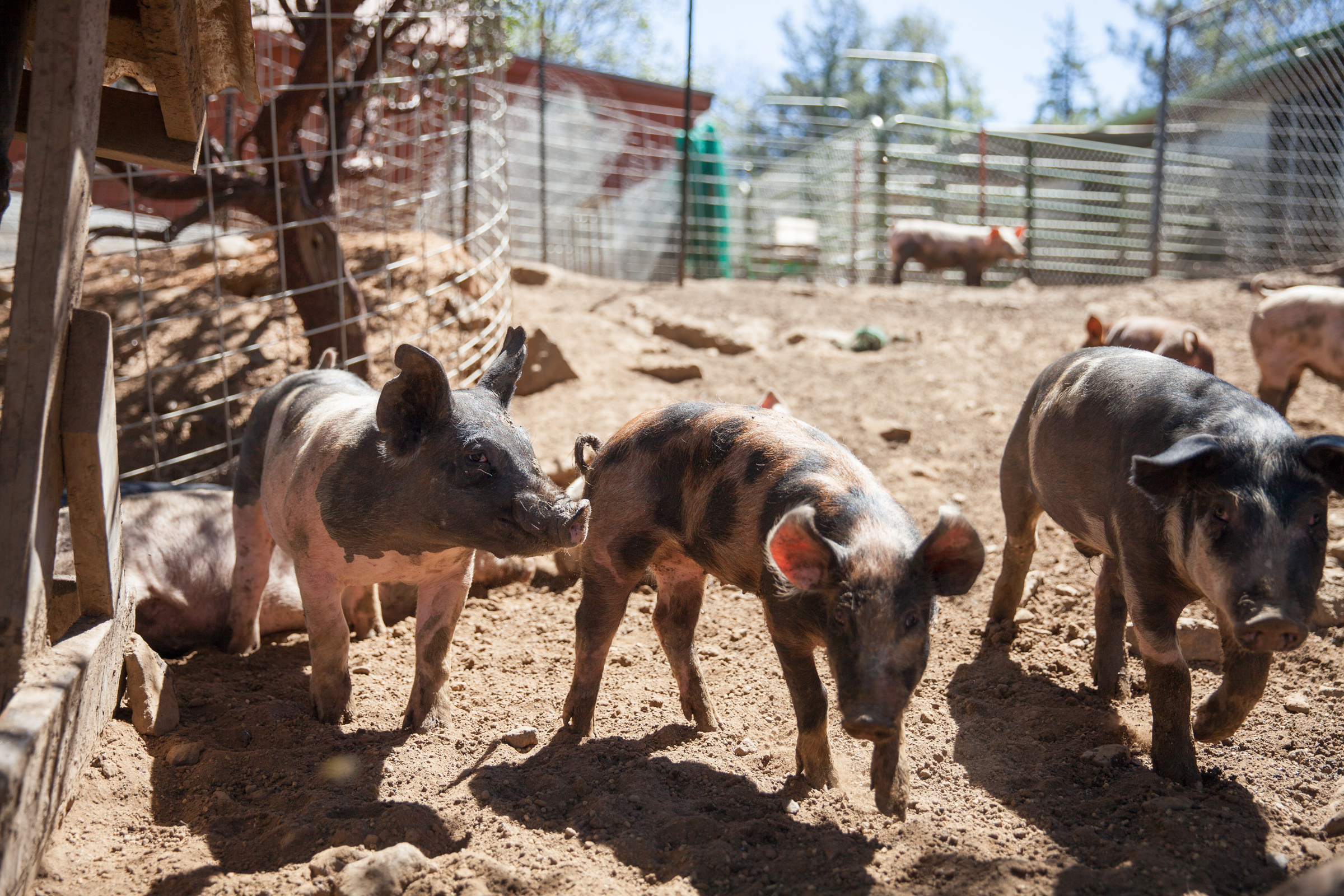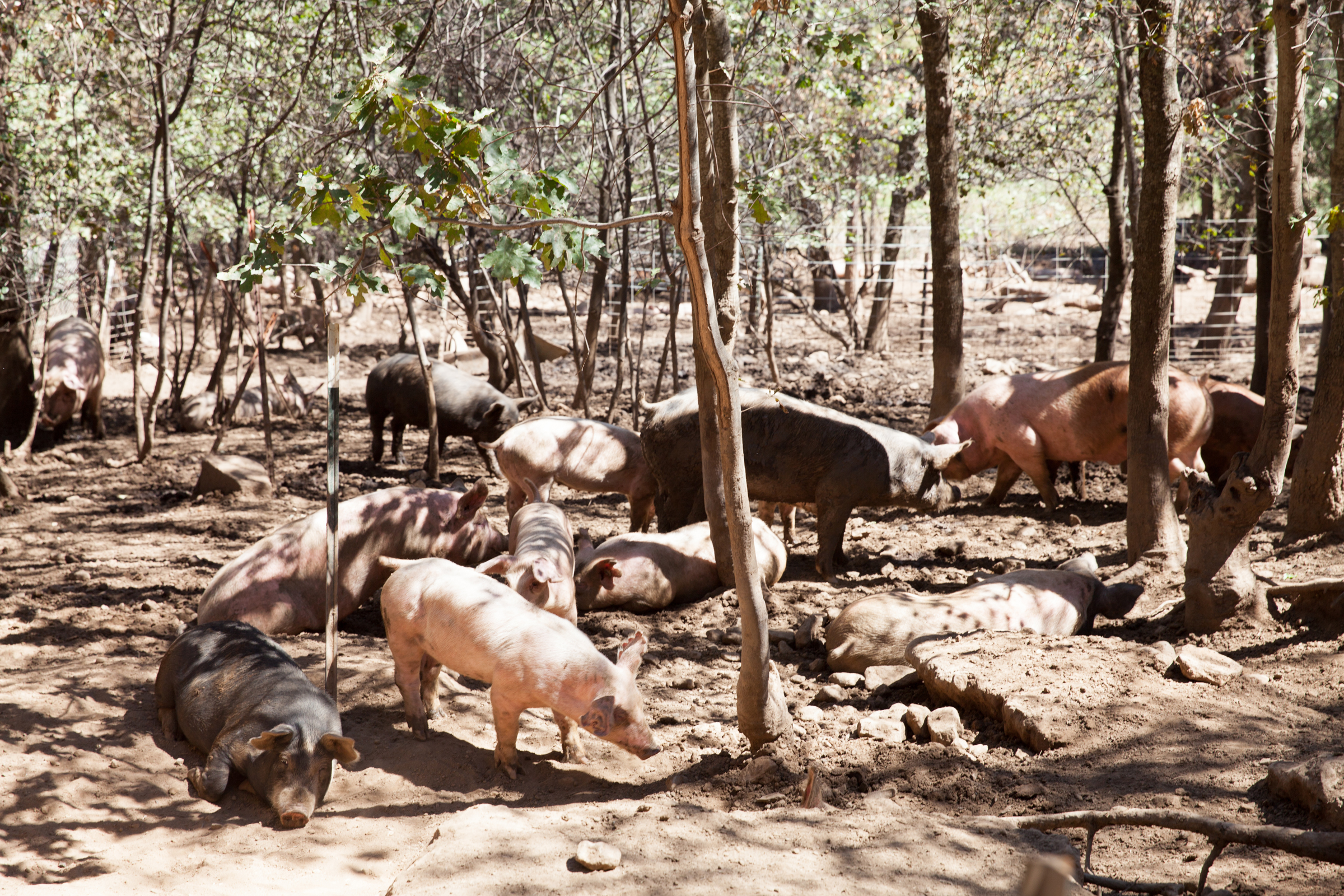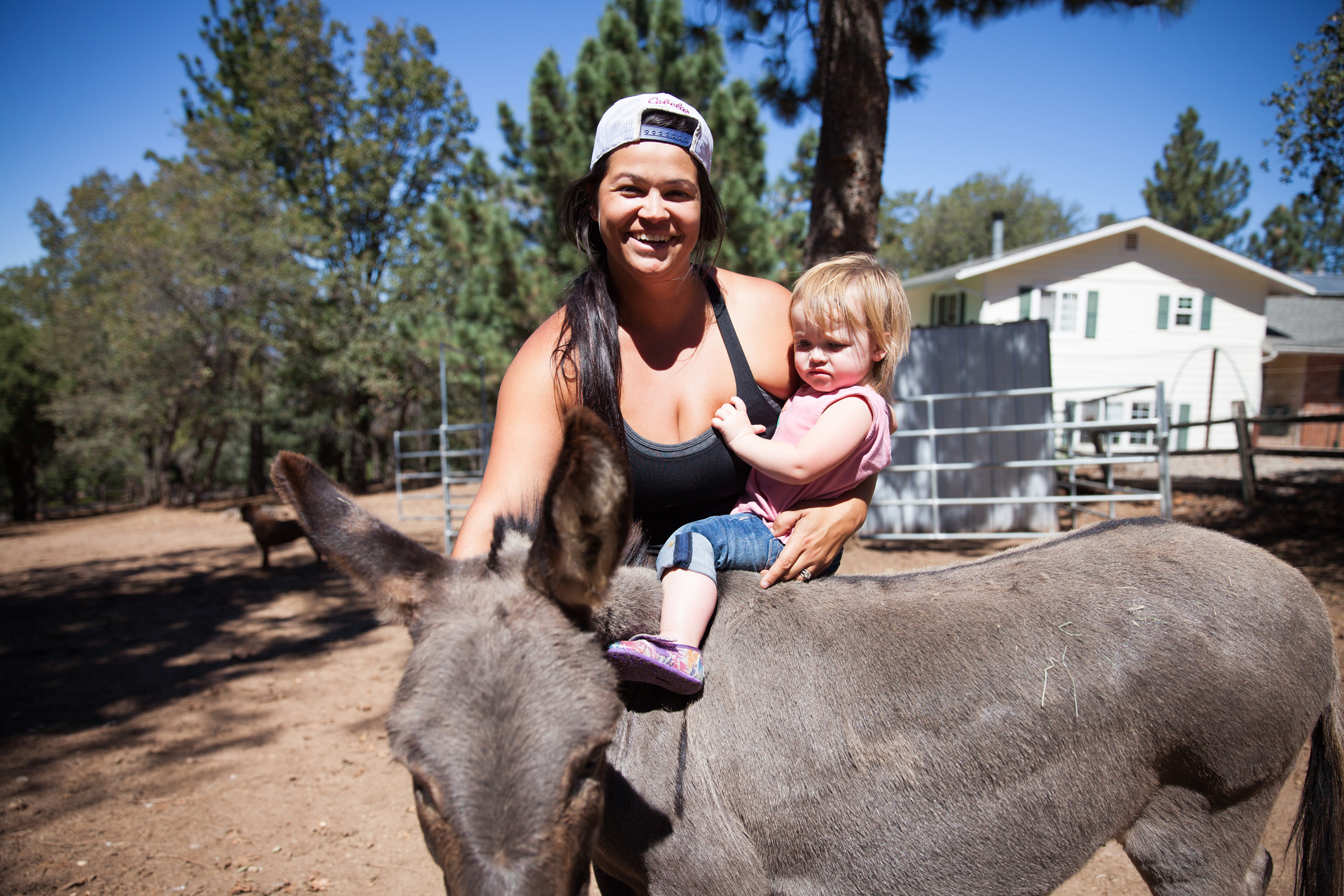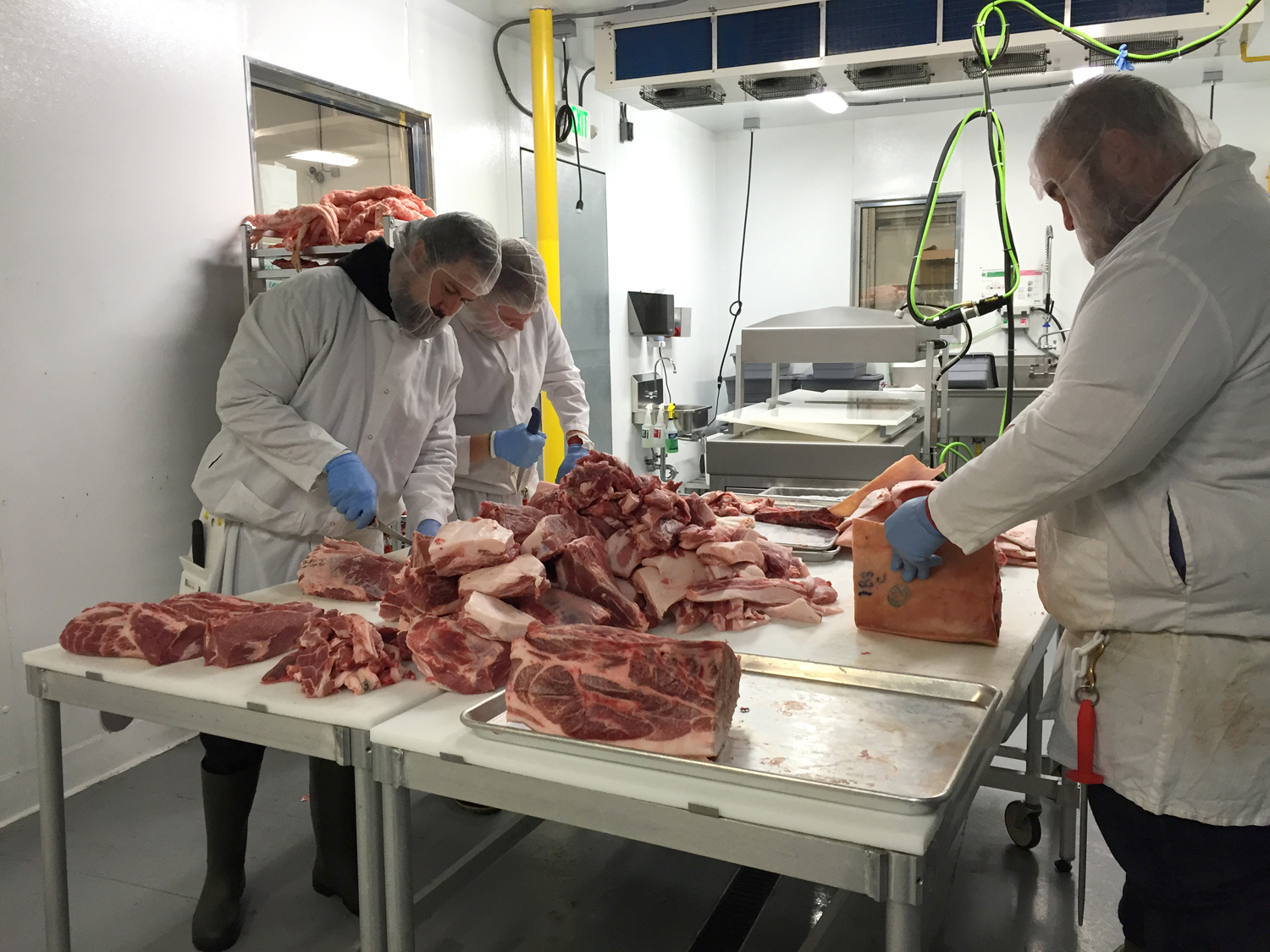Ark of Taste Chair, Colin Richard, visits Chiang Mai and meets Lee Ayu Chuepa, founder of Akha Ama Coffee.
Serving and Saving Good Food: Where and Why to Buy a Heritage Turkey for T-Day
By Sarah M. Shoffler, SFUSD Board of Directors.
Heritage turkeys are different from most turkeys sold in the U.S. Ancestors to the Broad Breasted White turkey, the most produced commercial breed of turkey today, heritage turkeys have retained some of their historic characteristics. Unlike industrially-produced turkeys, which are mostly raised in captivity, the heritage breeds are raised outdoors and roam freely in pastures. They are allowed to grow older and eat a diverse diet, so put on an extra layer of fat. These self-reliant birds are known for their good flavor due to more dark meat, and "thriftyness" or good meat yield. Many heritage breeds originated in the United States and since the 1960s have been difficult to find. Some are nearing extinction.
The Broad Breasted White turkey is so often preferred by industrial food producers because it grows quickly and provides a great deal of white meat. However, like the Broiler chicken, the most produced food chicken, the Broad Breasted White turkey has so much breast meat and such short legs that it cannot mate naturally. This bird also can't fly, is prone to health problems and cannot survive without human intervention.
Choosing to eat a heritage turkey may in fact save the breeds. By buying heritage breeds, consumers encourage breeders to continue producing the rare birds, thereby supporting their existence. To this end, the American Livestock Conservancy works to protect nearly 200 individual breeds of livestock from 11 different species. They developed the term "heritage" in order to help market historic and endangered breeds of livestock because "the loss of these breeds would impoverish agriculture and diminish the human spirit."
Slow Food's Ark of Taste, a living catalog of delicious and distinctive foods facing extinction, also includes eight of the heritage turkeys: Bronze, Black, Bourbon, Jersey Buff, Midget White, Narragansett, Royal Palm and Slate.
Wondering where to buy a heritage turkey? You may have to order one, but here are a few places we found carrying them:
Some Whole Foods (the Hillcrest store was out, but La Jolla was still taking orders as of 11/12), Bristol Farms, Barons Markets (taking orders starting 11/13) have heritage turkeys available or are taking orders.
Mary's Free Range Narragansett and Bourbon turkeys are available in a number of SoCal locations, including those listed above.
You can order Narragansett, Slate and Bourbon turkeys online from Local Harvest.
The Heritage Turkey Foundation also lists several heritage turkey sellers in SoCal.
Know someone else selling heritage turkeys? Please let us know: email sarah_at_slowfoodurbansandiego_dot_org.
Learn more here.
Cook Pigs Ranch Brings Healthy and Happy Heritage Pigs from Farm to Table
By Kathryn Rogers. SFUSD Board of DirectorsPhotos by Colin Leibold
At the age of seven, I proclaimed to my carnivorous parents that I would no longer be eating meat. It was a moral decision grounded in my love for pigs; I couldn’t bear the thought of my favorite animal ending up on my dinner plate.
Looking back on my youthful conviction, it’s a wonder that some 20 years later I find myself standing on a pig ranch outside San Diego staring into the eyes of more than 40 porkers destined for slaughter.
My staunch pescetarian days had ended years before during a college semester in the south of Spain. Sipping espresso in my favorite corner cafe, I was enticed by the cured pig leg hanging above the chopping blocks. Shortly thereafter I enjoyed my first piece of toast with Spanish olive oil and the famed Iberian ham. I’ve been eating meat ever since.
As I expanded my diet to include poultry and beef, I faced the classic omnivore’s dilemma. My body responded well to the added protein and fat; I felt healthier than I’d been in years. And my culinary forays blossomed with more diversity in my staple ingredient list. But I still didn’t feel right eating animals, especially those that came from the crowded, dirty and inhumane conditions on factory farms.
I hoped that my journey to Cook Pigs Ranch, located outside the little mountain town of Julian, CA, would help to resolve some of my inner turmoil.
Winding through the oak groves on the way to the 11-acre farm, I admit I was nervous. But as soon as we pulled through the iron gate, I was put at ease with a greeting first by two friendly “watch” donkeys and a giant white horse, followed by an oinking pen of recently weaned piglets. I grinned seeing their curly tails and crinkly snouts.
Krystina Cook, with her youngest daughter Rosaleigh in tow, came to welcome us.
“Let me introduce you to our pigs,” she said, smiling proudly.
Their more than 500 pigs are crosses of heritage breeds including Red Wattles, GOS, Large Blacks, Berkshires, Durocs, Tamworth, and Mulefoot that spend their days roaming pastures and oak groves to feed on grass, herbs, acorns, and roots, with some supplementation from sprouted barley and pesticide-free seasonal produce. Sows birth their piglets in covered birthing facilities and protected pens, and the youngsters are never given medicine so they can build up their immune systems naturally to thrive in the outdoors. It is a truly beautiful (and surprisingly pleasant smelling) operation.
Krystina Cook never set out to be a commercial pig farmer. But she was always committed to being an excellent mother to her eldest son, who suffered from severe food allergies. Grounded in the belief that food is medicine, Cook set out to raise a few ultra-clean animals for her family to eat. She had no trouble raising healthy chickens and sheep, but the pigs struggled to thrive. She became obsessed with figuring out how to raise them well, for both the health of the animals and the best-tasting meat. Word soon spread of her small family farm, and her endeavors blossomed into the growing ranch that is Cook Pigs today.
“Our entire operation is driven by the psychology and art of the pig,” says Cook. “We take pride in raising the healthiest, happiest pigs possible. And we model our slow-growth approach after the famous Iberico pigs from Spain, which produces very consistent heritage pork of the highest quality.”
Contributing to the art is Head Butcher Nick Scafidi. He and his team at Cook Family Butcher Shop process more than 20 heads a day at the only USDA-approved butcher in San Diego County. The pigs arrive after to the Kearny Mesa facility after harvesting at a USDA-approved facility north of Los Angeles and are artfully carved and crafted into everything from sausage and ribs to coppa steaks and pig skins.
“We strive to use as much of each animal as possible,” says Scafidi.
Scafidi spent a number of years working in the kitchen, so he understands what it’s like to want unique cuts of meat and is proud of the shop’s commitment to excellence.
“We are ensuring the highest quality from farm to finish.” gushes Scafidi. “I find this very rewarding because no one else is really doing this in San Diego right now.
With increased demand for humane and delicious heritage pork, Cook Pigs continues to grow. The farm is moving to a new location near Julian with more acres of pasture. They just expanded their product line to include holiday hams. And they will soon be opening up an online store for broader distribution.
“This is the most beautiful pork I’ve ever seen. It tastes rich and robust - just like you are back on the farm,” says Distribution Manager and “Jill of All Trades,” Dana Hayden.
As I get ready to grill up that beautifully marbled coppa steak, I sure hope she’s right. I would be glad to return to Cook Pigs Ranch for a visit anytime. My love for happy pigs (and delicious pork) is strong as ever!
To learn more about Cook Pigs and how to order their heritage pork, visit their website. And be sure to join Slow Food Urban San Diego at the Good Food Community Fair on October 11, where Cook Pigs will be giving a butchering demo at 1:00 p.m.







